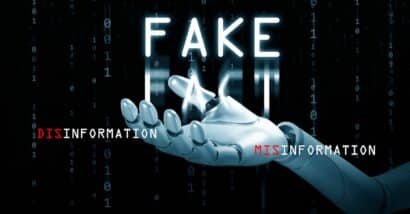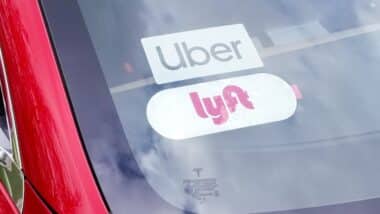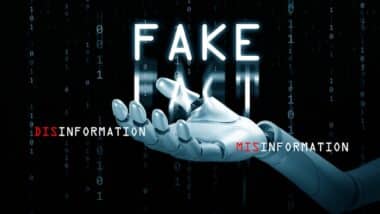 A man from Pennsylvania alleges he has been receiving numerous unwanted Discover card robocalls for various solicitation purposes. These calls allegedly violate the Telephone Consumer Protection Act (TCPA), as well as the claimant’s privacy, and he says Discover ignored his pleas for the calls to stop.
A man from Pennsylvania alleges he has been receiving numerous unwanted Discover card robocalls for various solicitation purposes. These calls allegedly violate the Telephone Consumer Protection Act (TCPA), as well as the claimant’s privacy, and he says Discover ignored his pleas for the calls to stop.
These robocalls eventually led plaintiff Brandon M. to file a TCPA lawsuit, alleging Discover Card Services Inc. used an automated dialing system to contact him without his consent. Brandon bases these accusations on the sheer number of these calls, as well as the pauses and beeps he says he hears after he answers the calls.
The TCPA lawsuit alleges Discover Card Services had contacted Brandon’s cellphone on a number of occasions within the last year using an automated dialing system.
Automated dialing systems are devices commonly used by companies to generate and place calls to random phone numbers. They are allowed under the TCPA, but under strict circumstances. Under the TCPA, companies can contact consumers using an automated dialing system if the consumer had given their prior express consent.
This was reportedly not the case with Brandon, who says he spoke with a live representative from Discover Card Services on Nov. 1, 2018. During this call, Brandon reportedly asked for the Discover card robocalls to stop and that the company cease contacting him.
Even though Brandon had asked for the robocalls to stop, he has says he has been continuing to receive them. The TCPA lawsuit alleges these Discover card robocalls were meant to annoy and harass Brandon, who has been inconvenienced by these unwanted phone calls.
Overview of TCPA Policy
The TCPA was approved by Congress in the early 1990s to help consumers combat aggressive telemarketing tactics.
The TCPA has a series of rules that companies must follow when conducting solicitation calls, including when it is appropriate to call consumers and which consumers are appropriate to contact. These consumers must first provide prior consent to the company before they are sent automated texts, faxes, or calls.
In addition, companies must provide consumers an opt-out option to cease the communications. When consumers ask for the calls and texts to stop, they must be added to the company’s do-not-call list.
Companies that do not respect this federal privacy law could face fines between $500 and $1,500 per penalty, depending on whether willful violation can be proven.
This was allegedly the case with Brandon, who says he was forced to file legal action after the Discover card robocalls did not stop. Brandon is seeking compensation for all TCPA violations, along with other relevant damages. Other consumers who are considering filing a TCPA lawsuit should document the following facts about potentially relevant phone calls:
- Date and Time of Call
- Summary of Call
- If an Automated Voice Message was Used
- If Prior Consent was Given
- If Consent was Revoked
This TCPA Lawsuit is Case No. 3:18-cv-02435-MEM, in the U.S. District Court of Middle Pennsylvania.
Join a Free TCPA Class Action Lawsuit Investigation
If you were contacted on your cell phone by a company via an unsolicited text message (text spam) or prerecorded voice message (robocall), you may be eligible for compensation under the Telephone Consumer Protection Act.
ATTORNEY ADVERTISING
Top Class Actions is a Proud Member of the American Bar Association
LEGAL INFORMATION IS NOT LEGAL ADVICE
Top Class Actions Legal Statement
©2008 – 2026 Top Class Actions® LLC
Various Trademarks held by their respective owners
This website is not intended for viewing or usage by European Union citizens.















4 thoughts onMan Alleges Numerous Unwanted Discover Card Robocalls
Add me
Add me
Please add me
Add Me Please